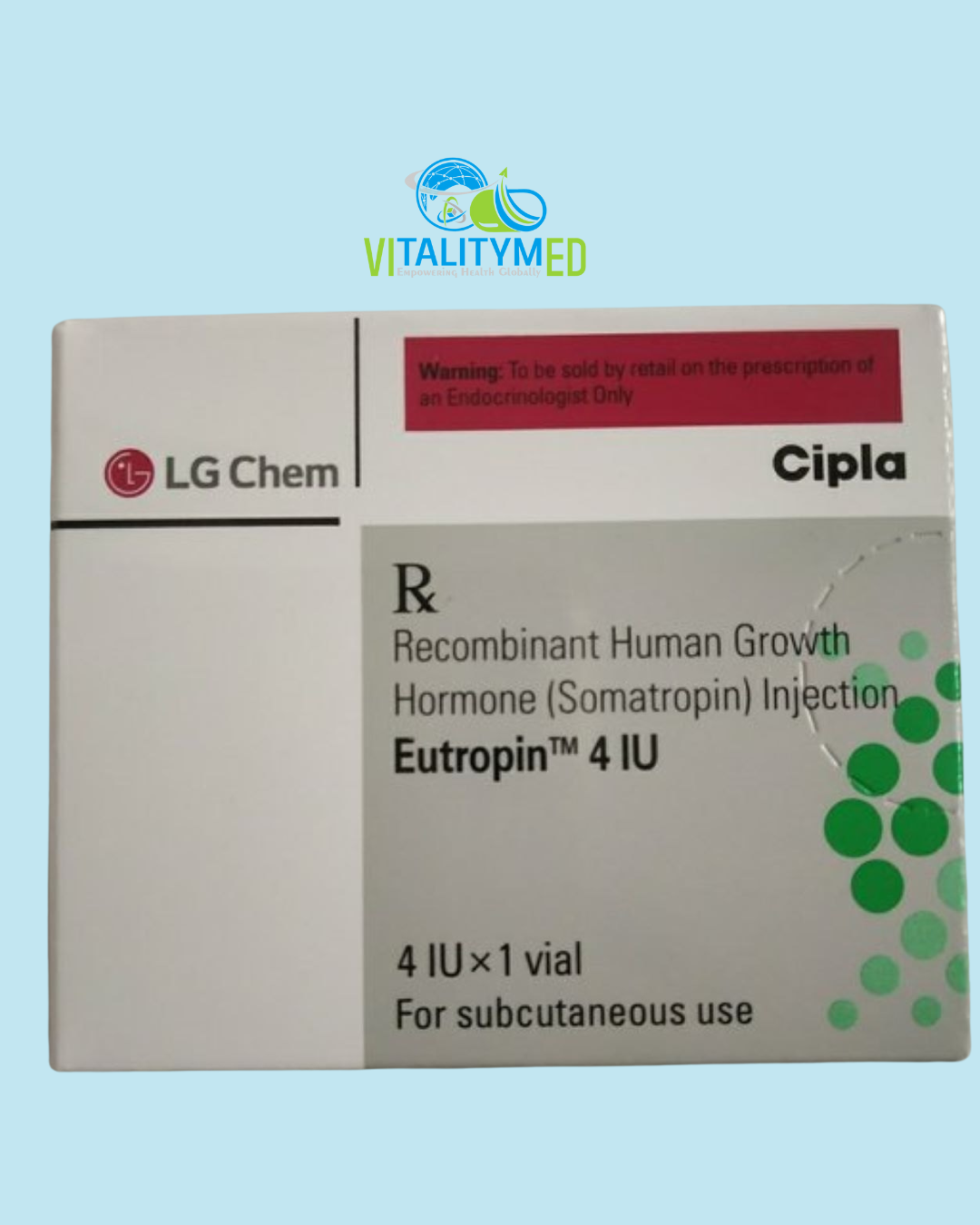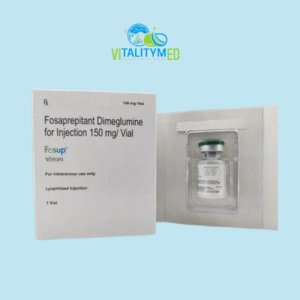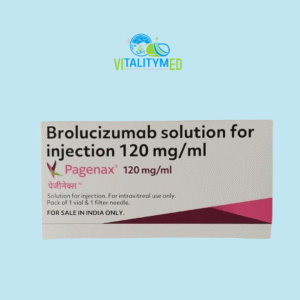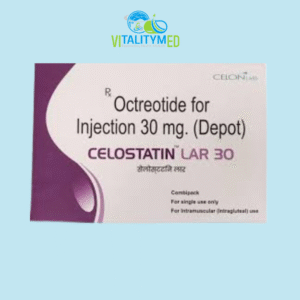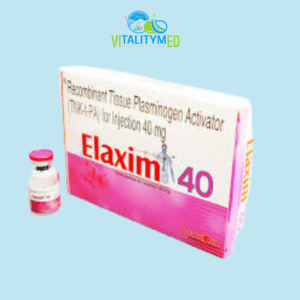Eutropin is a biosynthetic form of human growth hormone (hGH), known scientifically as somatropin. It is produced using recombinant DNA technology and is used to treat growth hormone deficiency and other related disorders. Eutropin mimics the natural hormone secreted by the pituitary gland and supports growth, metabolism, and cell regeneration.
Mechanism of Action
Somatropin binds to growth hormone receptors on target cells, particularly in the liver, where it stimulates the production of insulin-like growth factor-1 (IGF-1). IGF-1 then mediates many of the growth-promoting effects of growth hormone, including stimulation of bone and tissue growth, protein synthesis, and lipolysis. This cascade helps improve height in children and body composition in adults with deficiency.
Uses / Indications
Eutropin is used in the treatment of:
-
Pediatric Growth Hormone Deficiency (GHD)
-
Adult Growth Hormone Deficiency
-
Turner Syndrome
-
Chronic Renal Insufficiency in children with growth failure
-
Prader-Willi Syndrome
-
Idiopathic Short Stature
-
HIV-associated Wasting or Cachexia
-
Short Bowel Syndrome
Adverse Effects
While Eutropin is generally well tolerated, some patients may experience:
-
Injection site reactions (pain, redness, swelling)
-
Headache
-
Joint and muscle pain
-
Swelling due to fluid retention (edema)
-
Hypothyroidism
-
Hyperglycemia or insulin resistance
-
Carpal tunnel syndrome (mainly in adults)
-
Rare but serious: Increased intracranial pressure, slipped capital femoral epiphysis (in children), and pancreatitis
-

